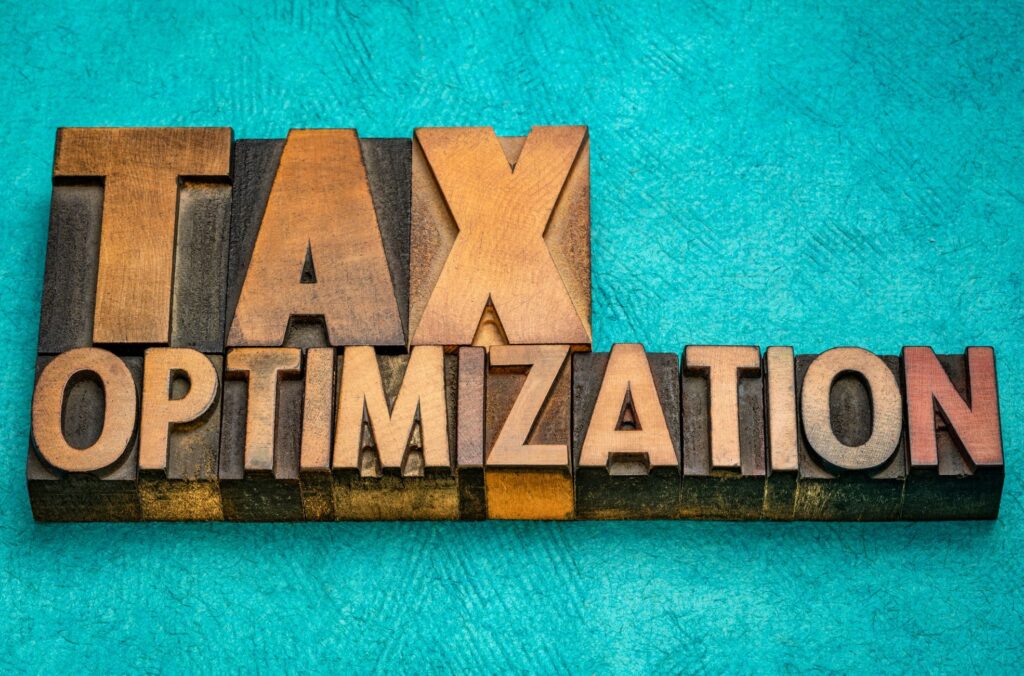Mauritius is a nation often described as a country “like no other” due to its remarkable multicultural society, where a mix of Indian, African, Chinese, and European influences create a unique cultural tapestry reflected in its languages, food, and celebrations. This diversity is set against a backdrop of stunning natural beauty, from white-sand beaches to lush rainforests and unique geological formations like the Seven Coloured Earth of Chamarel. Furthermore, Mauritius is a high-income, developed nation with a robust welfare state providing free education and healthcare, positioning it as a prosperous and peaceful outlier in Africa’s democratic landscape
Tax optimization for businesses in Mauritius
Over the past years, Mauritius has emerged as an incubator of opportunities for companies seeking to ease their tax burden while scrupulously complying with international laws and regulations. Corporate tax optimization in Mauritius is, therefore, a sought-after strategy for businesses looking to get the most out of the various tax benefits offered by the country to foreign investors.
Mauritius’s attractive and competitive tax system
Foreign investors choosing to start and grow their business in Mauritius are eligible for a wide range of substantial tax advantages. Here are some examples:
- Tax exemption on dividends, capital gains and inheritance tax for direct descendants.
- 15% income and corporate tax rate.
- Import-export businesses are exempt from corporate income tax.
- Zero property tax.
Corporate income tax in Mauritius
An additional tax liability applies to companies established in Mauritius and belonging to multinational groups generating annual revenues above 750 million euros. This measure ensures these companies are subject to the minimum 15% worldwide tax rate. It’s worth noting that this additional tax only applies to their domestic revenues.
Small businesses can also opt for a lump-sum tax payment. Through this option, they can pay a fixed amount representing 1% of their revenue. However, this payment must be made before the due date of the tax year when they submit their tax return. Another point to be noted is that companies forfeit the right to claim tax deductions when choosing this flat-rate tax.
According to Mauritian tax regulations, companies are also required to contribute 2% of their taxable income to a Corporate Social Responsibility (CSR) fund. Thereafter, at least 75% of this fund must be submitted to the tax authorities under current legislation.
The significance of double taxation agreements
Double taxation agreements are essential to foreign businesses being set up in Mauritius. Mauritius has signed such agreements with a number of countries, including the UK. This treaty lays down clear rules to avoid double taxation and ensures that companies only pay income tax in the state where the assets are physically located. This bilateral framework avoids tax-related for businesses while promoting consistency in the treatment of income and property in Mauritius.
Tax optimization through offshore companies
Specific legal structures, such as offshore companies, are often involved in corporate tax optimization in Mauritius. These legal entities provide a strategic way of capitalizing on the tax benefits offered by the Mauritian government. Therefore, companies can choose a jurisdiction and structure that best suits their business needs and particular situation.
Balancing legal opportunity and international compliance
The essence of business tax optimization in Mauritius lies in a delicate balance that involves exploring legitimate and ethical tax advantages while remaining firmly committed to legal obligations and international standards. This requires a thorough understanding of tax local and international legislation. To guarantee a successful approach, you must surround yourself with competent partners who can provide sound advice and assistance tailored to your needs throughout the tax optimization process.






